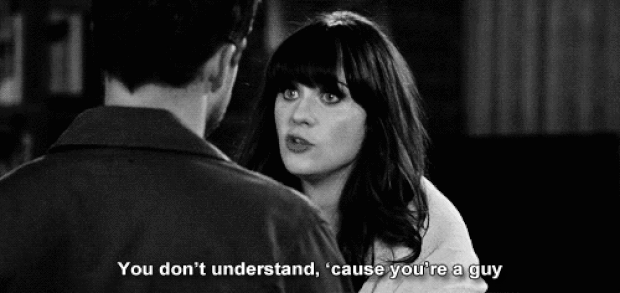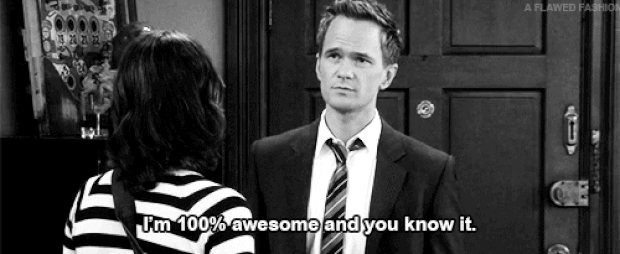4 Things Women Need To Remember When They Feel 'Broken' Inside
You can fix yourself.
 Pixabay
Pixabay “Broken.”
It’s a harsh word. A painful word. But it’s also a descriptive word — a word that more and more women are using to describe their feelings of emotional or spiritual distress.
When a woman feels “broken,” not only is she experiencing pain and sadness, but she’s also not sure that she knows how to escape those emotions. When a human being breaks down, much like a car, it means that they’re stuck. They simply don’t know how to move forward.
Fortunately, the word “broken” has a more positive connotation as well. Because if something is broken, it stands to reason that it can also be fixed. And it IS possible for women to move beyond feelings of dissonance and regain a sense of balance and wholeness again.
But it takes work.
In our latest Expert video, Senior VP of YourTango Experts Melanie Gorman asked a group of our relationship Experts — What's your best advice for a woman who feels like she's broken?
The responses from our team of Experts — Clara Wisner, T-Ann Pierce, Kathryn Foster, and Helen Fisher — offer practical, insightful ways that “shattered” women can restore their sense of self and stop thinking of themselves as damaged goods.
You can see their full conversation in the above video, but here are 4 things that women can do to make themselves feel less broken during times of emotional turmoil:
1. Recognize that men and women process emotions differently.

One major thing that can throw women off-kilter is when they realize that they’re not connecting with the partner on an emotional level. Maybe they try to talk to their man about how they’re feeling and their partner just keeps trying to change the subject.
The thing to remember is that men and women think about their emotions in very different ways on a neurological level. Women go through a brain change around the age of 17 when their cerebral cortex starts processing their negative emotions, which really allows them to think about their feelings and put them into words.
Men don’t go through that kind of change at the same time. So if you’re feeling that disconnect, it doesn’t mean that you’re broken. It just means that you might have to do more work to help each other understand what you want in your relationship.
2. Embrace the power of positive affirmations.

Relationship guru Helen Fisher has said, “The only person who can fix you is yourself,” and she’s right. No one has more power to enact positive change on your body and mind than you do.
One way to do this is by using affirmations, the simple act of saying things out loud. It might feel strange at first — telling yourself “I love the way that I ____” — but there is so much research that shows that repeating those positive statements over and over again will eventually force your brain to believe them.
If you want to fix yourself, the first step is telling yourself (and your brain) that you can do it.
3. Ask yourself “What do I get out of feeling broken?”

This can be a tricky step, but it’s important not to shy away from the difficult questions. You need to seriously look at what you gain from your disconnected feelings. The natural impulse might be to answer with “I gain nothing! All I get is doom and gloom!”, but is that an honest answer?
In truth, often, when we feel broken, we’re giving ourselves license to make excuses. We’re throwing our hands up and pretending that we’re powerless, because trying to enact change is “impossible” (i.e. very hard).
If you’re feeling broken, take a step back and ask yourself if you really are as shattered as you think you are, or if it’s just a convenient way to let yourself off the hook.
4. Change your definition of “perfection.”

Many women feel broken because they don’t feel like their best selves. They feel like they’re flawed, that they’re not living up to their ideal, and that makes them feel damaged.
However, that might speak more to their imperfect concept of perfection than anything else.
Why must perfection be some kind of mythological ideal? Why not embrace the idea of “wholeness as perfection”?
That involves radical acceptance — accepting all of the different parts of you, even the broken parts — and realizing that recognizing yourself as a whole being, even with all your flaws, is the closest we can get to perfection.
If you can learn to love your entire self and embrace the parts of you that feel the most broken, that’s how you eventually learn to fix yourself and move forward.
Are you feeling broken? Are you struggling with figuring out your priorities in life? If so, please visit the websites of our Experts and contact T-Ann, Kathryn, Clara, and Helen directly. They’re here to help.
